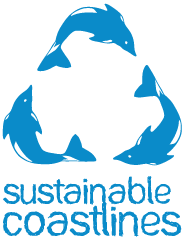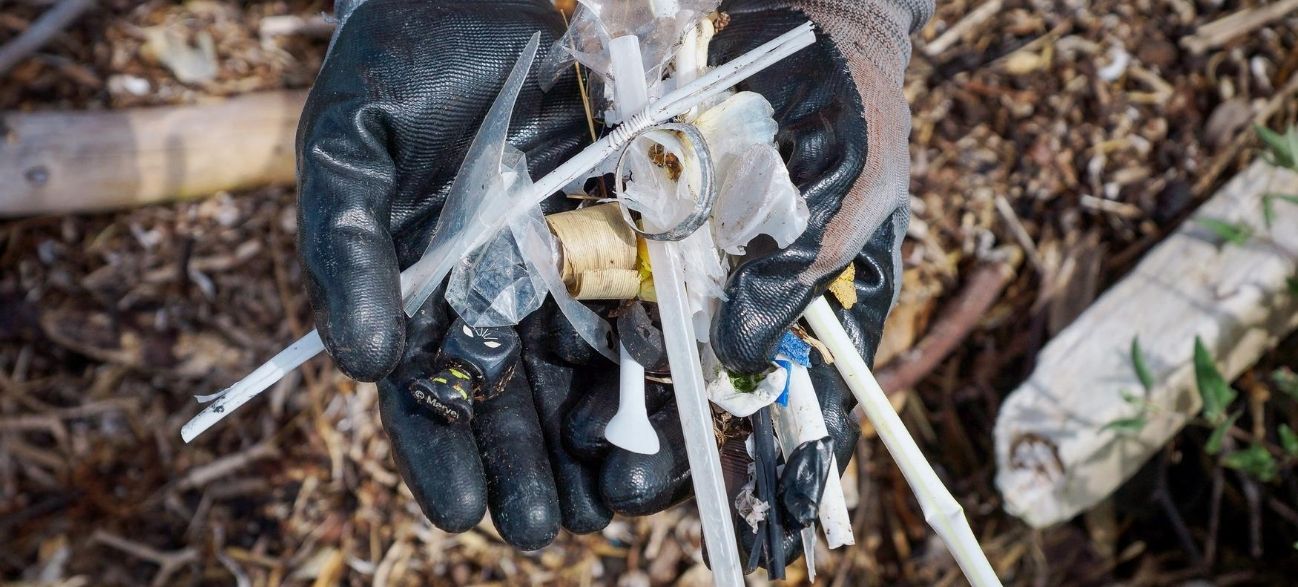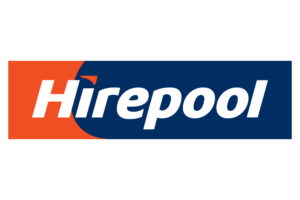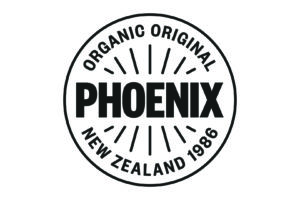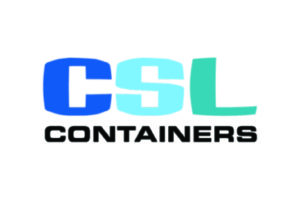12 August 2020
Following the success of the phase out of single-use plastic shopping bags, the Government now has plans to phase out more single-use and problem plastics to reduce waste and protect the environment announced Associate Minister for the Environment Eugenie Sage.
The proposals are to phase-out:
- some hard-to-recycle PVC and polystyrene packaging and oxo-degradable plastic products
- seven single-use plastic items, including plastic straws, drink stirrers, produce bags, tableware (e.g. plastic plates, bowls, cutlery) and non-compostable fruit stickers.
These proposals are part of a consultation document ‘Reducing the impact of plastic on our environment’ launched today.
“Plastic has become one of our generation’s greatest environmental challenges,” said Eugenie Sage.
“The level of plastic pollution in the oceans is unacceptable. It is distressing that birds, fish, whales and other marine mammals die from eating plastic which did not need to be made in the first place. Phasing out hard to recycle and single use plastics helps reduce plastic waste and pollution and will improve our recycling system.
“Government is taking a leadership role in setting a clear direction and providing certainty for industry and the public on managing and minimising plastic waste.
“To reduce marine pollution and waste to landfill we can identify what plastic products we really need, phase out unnecessary and unrecyclable plastics, and ensure others are designed and made so that we can recover and reuse the materials in them.
“New Zealanders want urgent change in the area of plastics. We saw that with the support for banning single use plastic bags, which has meant 1.1 billion fewer plastic bags ending up in landfills or the ocean.
“I am confident that as a country we can tackle the challenges around problem plastics,” said Eugenie Sage.
The proposals include provision for people who need straws due to a disability, so that they can still access them.
The Associate Minister made the announcement at an event in Auckland to kick start ecostore’s bottle recall scheme, which is being supported by a $200,000 grant from the Ministry for the Environment’s Waste Minimisation Fund
The grant will help ecostore to create New Zealand’s first high-density (HDPE) closed loop packaging return programme.
The project involves educating and motivating people to drop off their used ecostore bottles at their local school or other collection points, such as specialty grocery stores.
From there, bottles will be collected, ground down, sterilised and recycled for use in the manufacture of new bottles.
“Businesses like ecostore show how it’s possible to stand up against single-use and find new ways of doing things. Ecostore is demonstrating how businesses, with the support of Government, can help with recovering and reusing materials.”
Today, the Government is:
- Opening public consultation on proposals to phase out certain hard-to-recycle plastics and seven single-use plastic items.
- Releasing its response to the report “Rethinking Plastics in Aotearoa New Zealand” by the Prime Minister’s Chief Science Advisor, Professor Juliet Gerrard in December 2019. The Government’s detailed response includes commitments to:
- Investigate how we can improve the depth and accessibility of data on plastics.
- Develop a plastics research agenda and stimulate innovation.
- Support education initiatives, sectors, businesses and communities to take action on plastics.
- Develop guidelines for government agencies to encourage more sustainable use of plastics during procurement processes.
- Better coordinate and leverage international connections to support our plastics agenda, and Pacific neighbours in their plastics management.
Eugenie Sage said today’s announcement of the Government’s response to “Rethinking Plastics” and the release of the “Reducing the impact of plastic on our environment” consultation document built on the significant progress in reducing waste over the last three years.
“Our vision is to emerge from the Covid-19 pandemic and transition to a future with on-shore resource recovery infrastructure and high performing kerbside recycling systems critical to addressing our rubbish record on waste.
“Other work includes a $124 investment in new on-shore recycling and reprocessing infrastructure, and phasing in an expanded and increased waste levy scheme to provide on-going investment in expanding our resource recovery infrastructure to transition New Zealand to a low waste and lower carbon, more circular economy.
“Today’s announcements are another step to achieving these goals.”
More information can be found here: https://www.mfe.govt.nz/publications/waste/reducing-impact-of-plastic-our-environment-moving-away-from-hard-to-recycle-and-single-use-items
